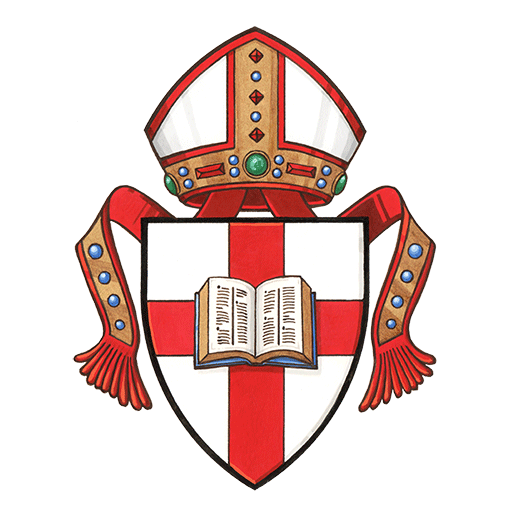One of the greatest joys I experience as an Anglican is being part of a church that exists from a local to global expression. The Anglican church we most often experience, lives in villages, towns and cities across our diocese. This is where we primarily put our faith in action, living out both the Great Commandment and the Great Commission of Jesus Christ. Faithful Anglican congregations respond to a multitude of local needs within those communities from thrift stores, drop-in centres, food banks, support programs and the list goes on.
While we primarily put our ‘faith in action’ through the local parish, our church also has a dynamic life which spans the globe. The Anglican Communion, of which we are a part, is found in over 165 countries throughout the world. It is comprised of a beautiful tapestry of cultures, languages, traditions and civil societies. We are churches in communion with the Archbishop of Canterbury. The Anglican Consultative Council assists us to live the same Great Commandment and Great Commission of Jesus Christ on a global level
Sometimes, our greatest challenge of living in Communion on a global scale is to experience the gift of diversity and rejoice in that gift as opposed to focussing upon the challenges that same diversity sometimes brings. We are the third largest Christian denomination in the world, meaning that we have a strong voice on the international stage. The Marks of Mission created in 1984 by the Anglican Consultative Council have become more and more grafted into the local mission and ministry of our Churches, serving as guideposts for our Churches’ mission from the Village Parish to the voice of our Communion at the United Nations
The recent Lambeth Conference of Bishops inaugurated the Anglican Communion Forest Project in response to the Fifth Mark of Mission. You will recall that the fifth mark of mission calls upon us to “safeguard the integrity of creation and sustain and renew the life of the earth.” The Forest Project achieves two significant goals in my view. First, it visually and tangibly raises awareness surrounding our need to be faithful stewards of creation in the midst of the climate crisis. Secondly, this initiative is yet another vehicle through which our Church can work in concert with others to raise awareness both locally and globally of our call to be good stewards of the earth.
I am pleased that the Diocesan Green Group has accepted my invitation to help us begin to find our place within the Anglican Communion Forest Project. I am also thrilled that a number of parishes have begun to consider ways in which the Forest Project can be taken up within our communities. Will the Anglican Communion Forest Project solve the climate crisis? No, it won’t by itself, but as we continue to take steps in faith, together with our partners around the world, we will move toward the goal of climate health that we all desire. Remember the parable of the mustard seed in Matthew’s Gospel? It reminds us that from the tiniest of seeds comes the mightiest of trees and in itself is an image of the Kingdom of God. The tiniest first step in faith can yield the mightiest of results.
I would like to encourage you to read more about the Anglican Communion Forest Project at www.communionforest.org. The opening statements on that page “To plant is to hope, to restore is to heal and to protect is to love” resonate so deeply with the simplicity and depth of the Great Commandment to Love God, neighbour and self in equal measure. I look forward to seeing how we will seize the opportunities afforded us through participation in this project, taking our place in the global conversation around climate stewardship. The life of the world and the legacy we leave will depend on it.



Artificial Intelligence in the Medical Field from a Priestly Viewpoint – Pt. 2